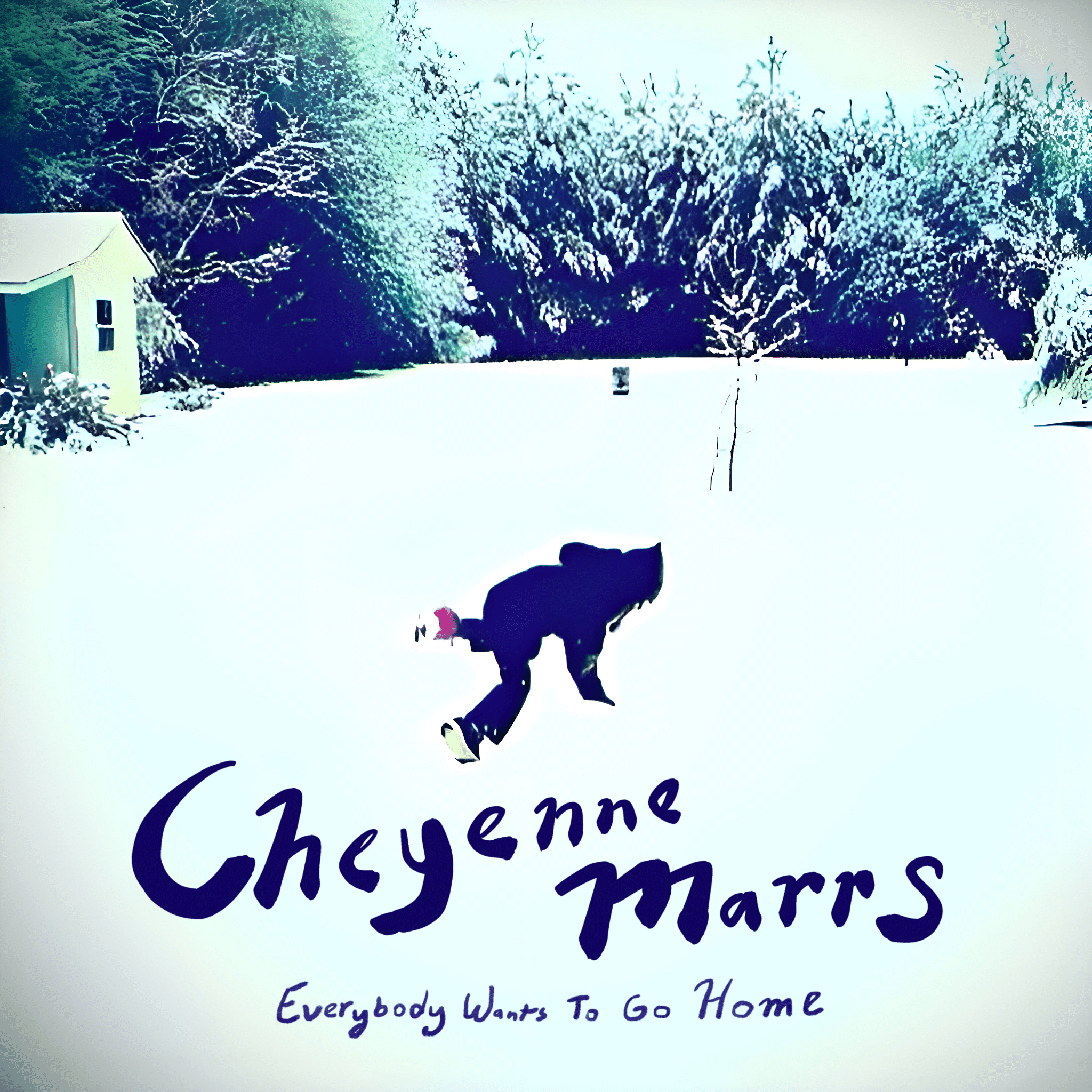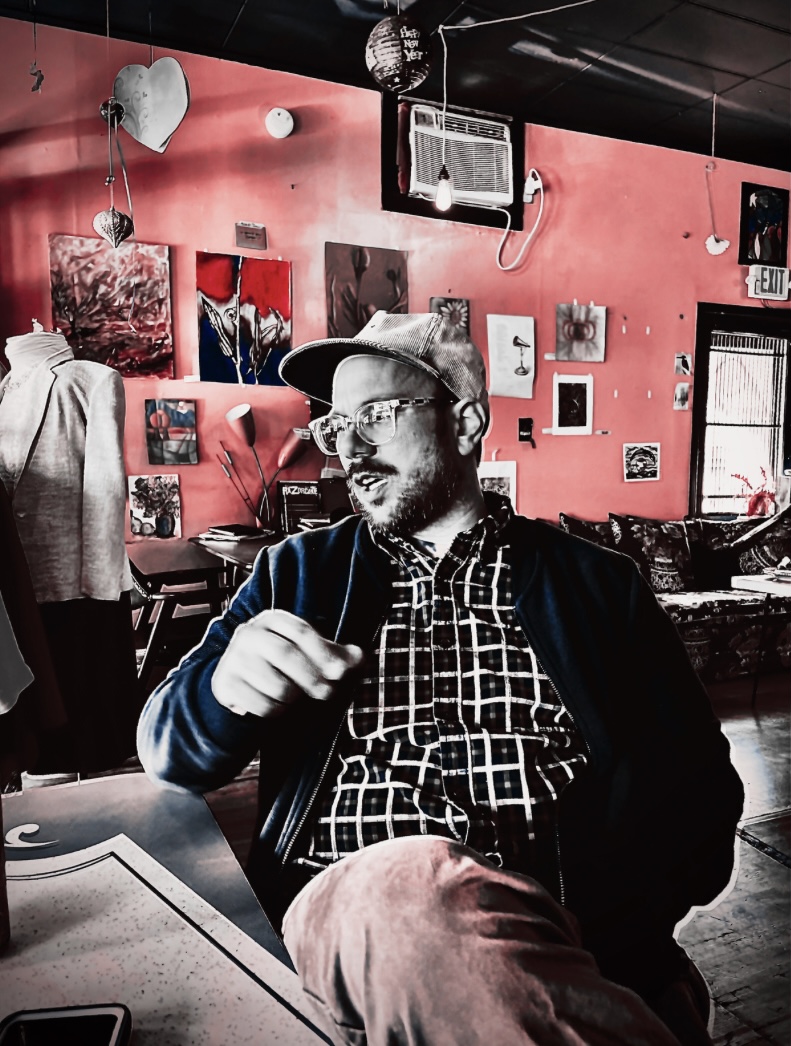A lot of budding songwriters languish away, hoping to be noticed by a record label that will recognize their gift. But Cheyenne Marrs found that such a deal fell into his lap. Of course, fortune favors the bold, and it didn’t hurt that Marrs, best known for his work with local band Spacer, already had an album ready to go. Still, he thought he was just previewing tracks for a friend — when lightning struck.
“You can’t make this stuff up!” Marrs says. “I went to Otherlands and saw a friend sitting outside with his laptop on the patio. He played me a couple tracks he’d recorded, so I pulled up the stuff I’ve been working on with Graham Winchester. And while I was playing it, the guy next to us at the other table was like, ‘Hey man, I really liked that song you were playing, it gave me Pink Floyd Meddle vibes!’ And I was like, ‘Dude, that’s my favorite Pink Floyd record!'”
Better yet, the bystander had a plan. “It turned out it was Patrick Carey of Out on the Eaves, and he was like, ‘I really liked that stuff. I’d like to hear more. And if you don’t have a home for it, me and Scott McEwen of Memphis Magnetic are starting a label, Red Curtain Records, and we’d love to release it.'”

Some months later, Marrs’ baby, the nine track album Everybody Wants to Go Home, will soon see the light of day, as he plays a 9 p.m. record release party this Saturday, August 26 at B-Side Memphis.
Preview tracks released to the press foreshadow a fine work of sonic craftsmanship, somehow evoking both Radiohead’s eerie melodies and chords and Tom Waits’ sonic palette, while remaining utterly unique. The imaginative use of the studio is all the more impressive for being cut at Graham Winchester’s up-and-coming home recording space.
“Working with Graham was just so easy,” says Marrs. “I went over to his house and I just didn’t know what to expect. Spacer, my other band, and Turnstyles played a show together, and Graham was talking about recording his solo record all with one mic. And I was like, ‘Man, I want to do that!’ He said to come on over, and I just expected to record one song. But it worked so well, and just came out so easily and organically, that I said, ‘Fuck it. I’ve been wanting to do a whole record. So let’s just do it here and now.'”
While Marrs didn’t record everything with one microphone, he did feel comfortable enough to play most of the instruments himself, with the occasional assist from Winchester on keyboards or drums. And the dynamics apparent in the tracks are sweeping and bold, ranging from quiet acoustic passages to full-blown guitar rave-ups and sonic collages built from bits of found sound.
Most of all, Marrs gelled with Winchester on a personal level, the bond between them becoming all the more important when Marrs suffered a horrific loss in his life. “I have a son who’s 12,” he explains. “He’s actually the kid on the record cover, falling in the snow. But his mother [Semelea Jensen] passed away in the middle of doing this recording. So it was pretty hard. It was a lot harder on me than on my son. He was my rock through it all.” As it turned out, so was Winchester.
“I told Graham, ‘Dude, your studio has become my therapist’s office and you’re my therapist. And the guitar and mic and drums are my couch,'” Marrs recalls. The emotional rawness of the record is a testament to that. Now, months later, Marrs is more philosophical about the experience. “I was pretty torn up over it,” he says. “But that’s the best time for me to write songs. It’s like through heartbreak, and shitty things happening, the songs just come out effortlessly.”
